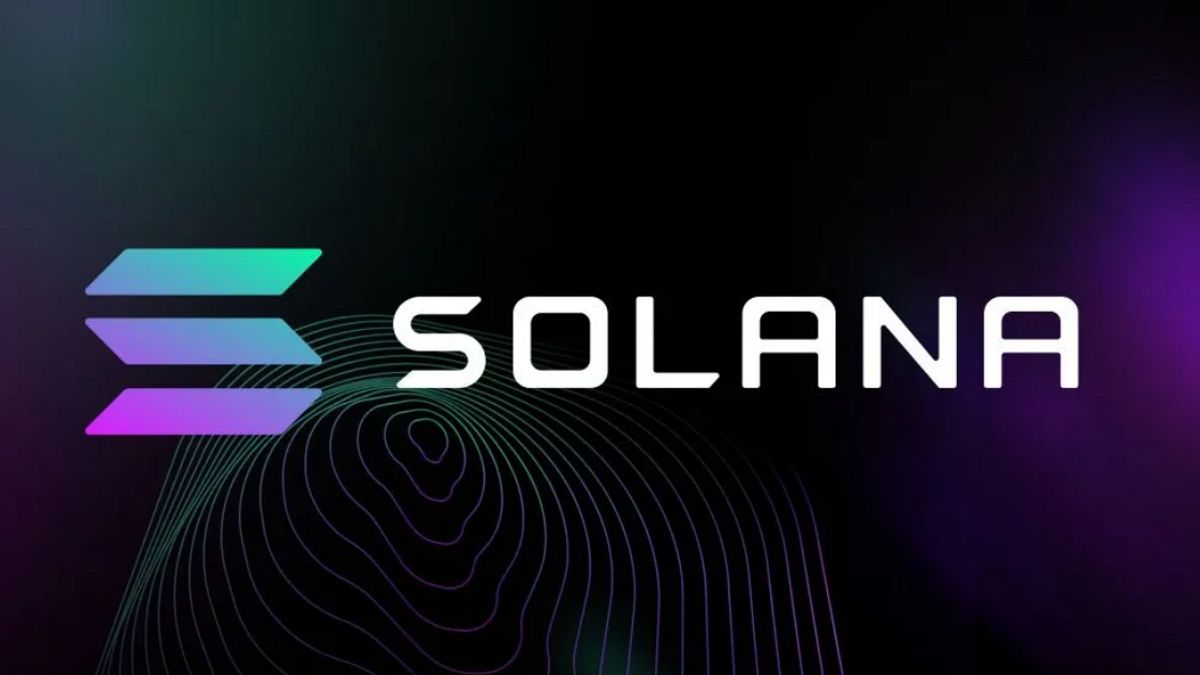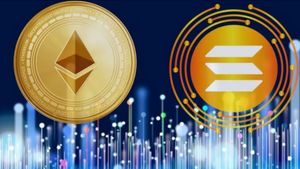JAKARTA - Solana Labs, the developer behind the Solana blockchain renowned for its speed and scalability, recently announced the launch of a new development tool called Solang.
Solang is designed to allow compatibility with the Solidity programming language, which is used extensively in the Ethereum Virtual Machine (EVM). With Solang, Solana Labs intends to make the Solana ecosystem more accessible and accessible to developers who are experienced with Solidity.
Previously, development at Solana mainly relied on the Rust or C programming languages to create smart contracts. However, with Solang, Solana Labs is expanding the capabilities of the platform, attracting more developers who are already familiar with Solidity.
Solidity's leverage on Solana opened the door for Ethereum developers to seamlessly transition into the Solana ecosystem. That way, they can bring their expertise and projects to the blockchain for its high performance and unmatched scalability.
VOIR éGALEMENT:
It is important to note that Solana has also taken another step towards increasing its developer base by providing an ecosystem that supports multiple programming languages. Previously, the Seahorse project allowed developers to write smart contracts in Python, the most popular programming language in the world at that time. Today's announcement of Solang continues Solana's mission to expand the scope and affordability of its ecosystem for developers.
Solang's standout solution is its ability to allow developers to invoke Solana smart contracts directly from their Solidity code. This feature promotes seamless integration and interoperability within the Solana ecosystem, so developers can easily leverage existing contracts and build complex decentralized applications.
Apart from that, Solang also provides support for the Solana SPL token (Solana Program Library). It allows developers to create and interact with SPL tokens, which are the native tokens of the Solana blockchain, through Solidity-based smart contracts.
Not only that, Solang is also integrated with Anchor, a framework that makes it easy to develop smart contracts at Solana. By providing high-level abstractions and tools for Solana contract development, Anchor gives developers more flexibility and options to create innovative decentralized applications and services.
The launch of Solang marks an important step forward in connecting the worlds of Solana and Ethereum. With Solidity compatibility, Solana is even more attractive to developers who want to take advantage of its high performance and scalability capabilities while still using a familiar and tested programming language.
The English, Chinese, Japanese, Arabic, and French versions are automatically generated by the AI. So there may still be inaccuracies in translating, please always see Indonesian as our main language. (system supported by DigitalSiber.id)











